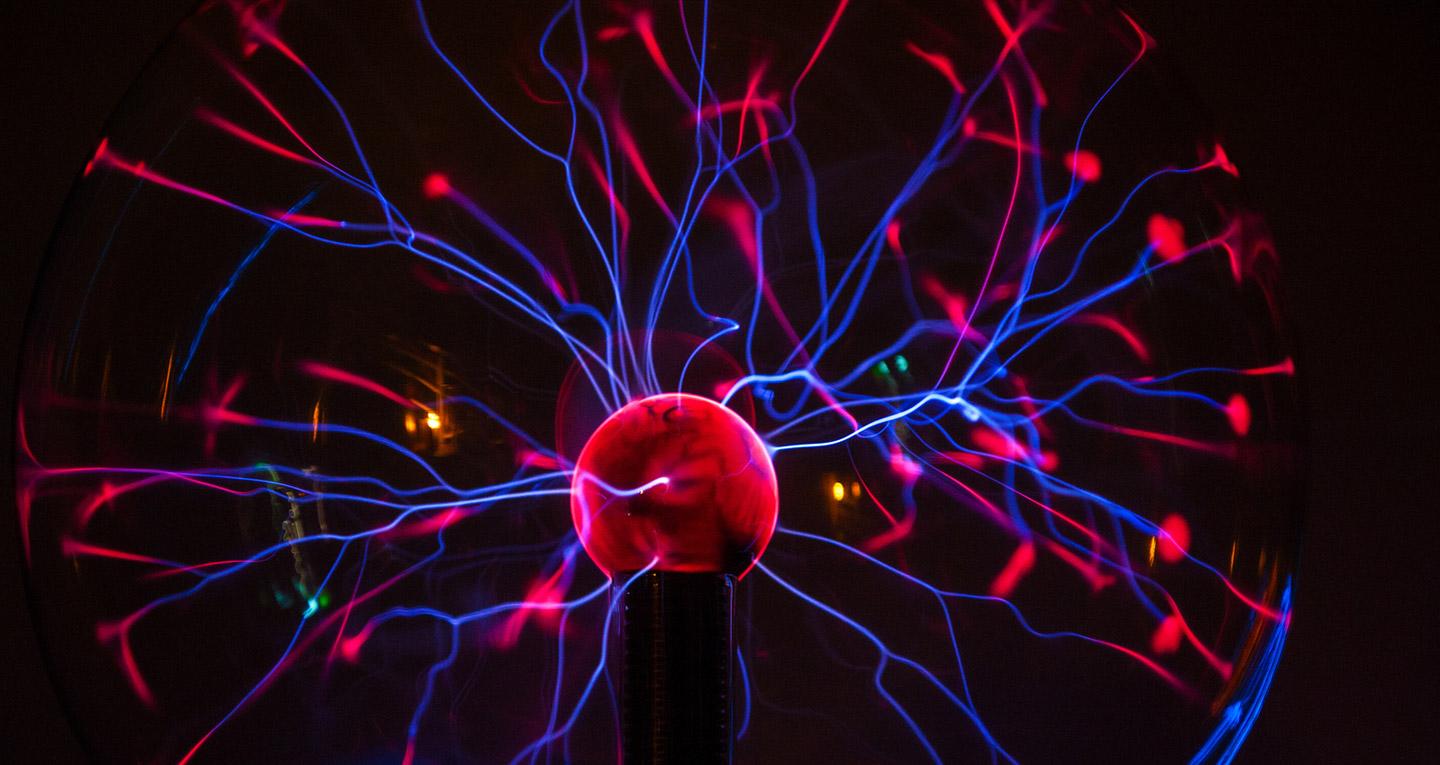
Physics Minor
From the unimaginably small world of atomic particles to the fantastically vast realm of galaxy clusters, the pursuit of physics is to understand and explain how nature works. Physicists observe nature and try to understand the phenomena around them. Take matter into your own hands and pursue your education in physics at 色综合久久 University.
Why Choose a Physics Minor at 色综合久久 University?
At SU, studying in the classroom is not the only experience available. Our physics students become involved in scientific research related to current topics in the scientific community. Students have conducted research on a variety of topics including:
- Extragalactic elemental abundances
- Stellar evolution and supernovae
- Robotics building and design
- Alternative energies such as wind and solar
- Computational surface physics
- Biomedical physics
- Quantum mechanics
- Remote sensing
- High-altitude balloon electronics
At SU, you will find your perfect fit. The Physics Department is relatively small, allowing students more one-on-one time with instructors. We support an environment that encourages student involvement, faculty-student interaction and close student-student collaboration with a central idea that physics courses should include hands-on activities integrated with discussions and lecture. In such integrated courses, the traditional notions of lecture, laboratory, computer simulation and other classroom activities are fully blended.
Is a minor in physics helpful? Yes! A physics minor is a good complement to students pursuing other science-based majors or looking to enter interdisciplinary fields where a broad background in physics is useful.
For a more in-depth study, SU also offers a physics major with tracks including microelectronics and engineering.
Laboratory instruments from a remote location allow undergraduate students to perform actual experiments at any time and from any location and to repeat the process until the concept and the experiment are well understood.